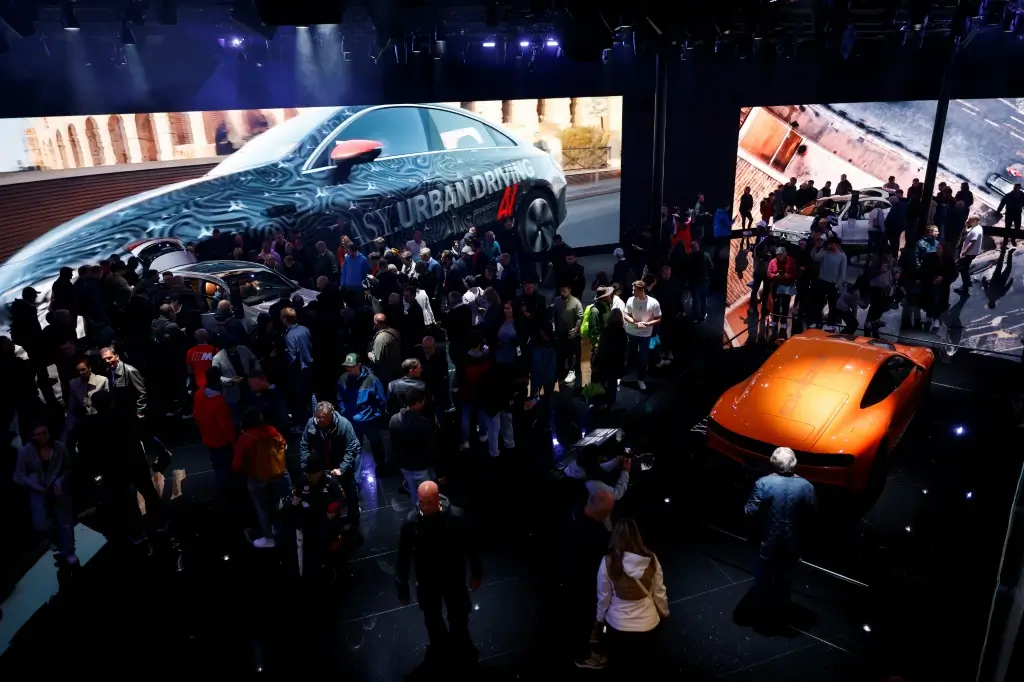
Facing a struggling auto market, Germany’s automakers and the IG Metall union have jointly submitted a set of policy demands. In a statement released Thursday, the Association of the Automotive Industry (VDA) and the union called for better conditions for e-mobility in Germany and across Europe, arguing that this is the only way to secure jobs in the sector.
“The situation in the German automotive and supplier industry is becoming increasingly critical,” stated the VDA and IG Metall. “While the condition of individual companies varies, the overall situation for the industry is threatening.” Currently, Germany is losing jobs in the automotive sector every month, “from June 2024 to June 2025, over 50,000 jobs were lost.”
To counter this trend, VDA and IG Metall demand measures to boost demand for electric vehicles, including “tax incentives for new and used cars, both private and commercial, as well as support to make e-mobility accessible to the wider population.” The federal government must also “immediately implement the extension of the vehicle tax exemption for electric vehicles until 2035, as announced in the coalition agreement.”
“Since the current regulation expires at the end of 2025, consumers and businesses urgently need planning security,” the statement added. “It is crucial that a direct follow-up rule is in place from January 1, 2026, to sustainably support the ramp-up of e-mobility.”
Automakers and the union also criticized the expansion of charging infrastructure for cars and trucks, saying it is “far too slow across Europe and not distributed according to demand.” In Germany, charging electricity is too expensive, “here, prices must be lowered through tax and levy reductions as well as smart regulation to increase competition at charging points, especially for ad-hoc charging.”